Gloria Diamond
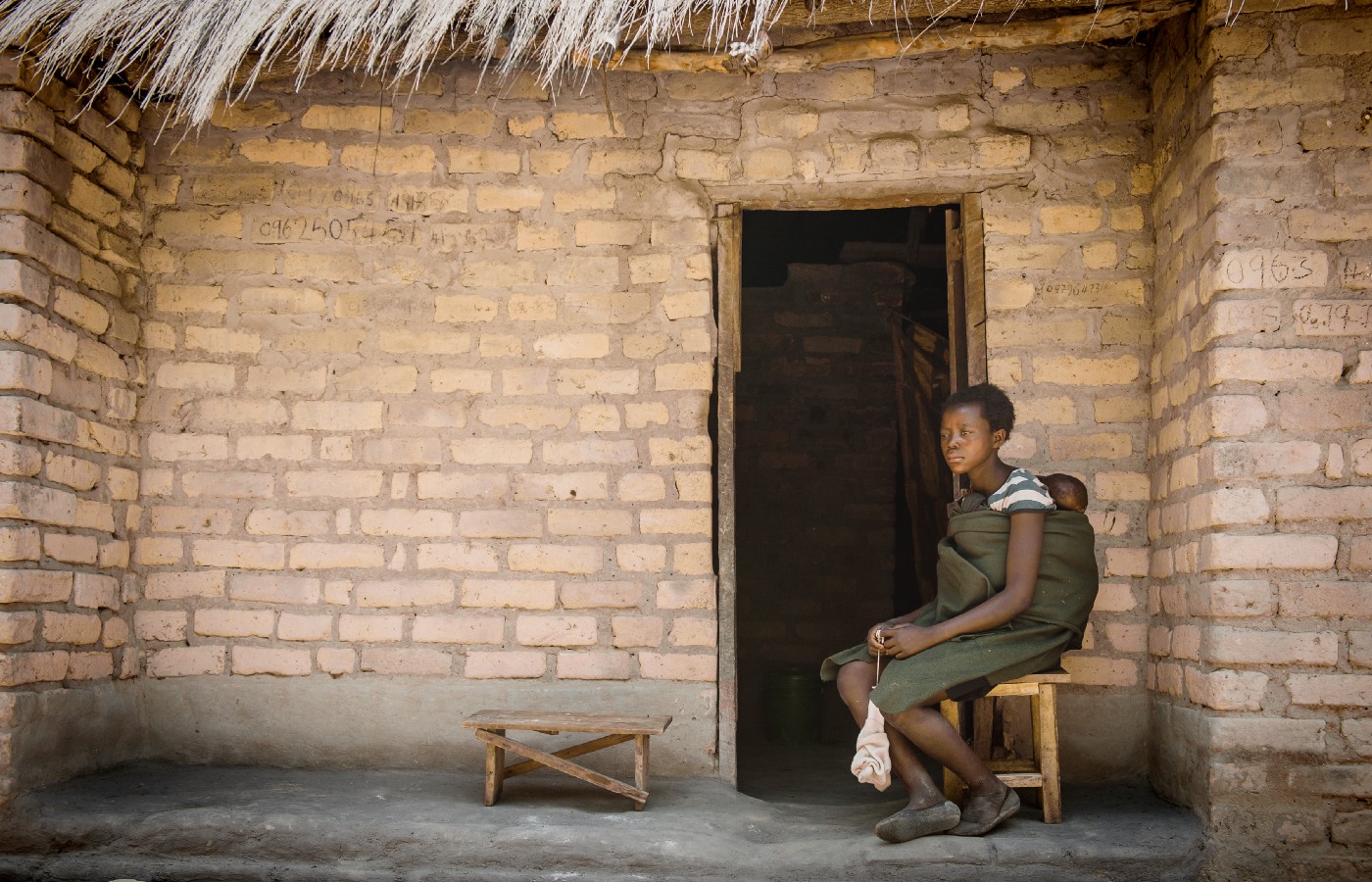
Five reasons why child marriage affects us all
Fiona Mavhinga, Executive Advisor for the CAMFED Association, tells how child marriage is standing in the way of progress towards many 2030 Global Goals. For…
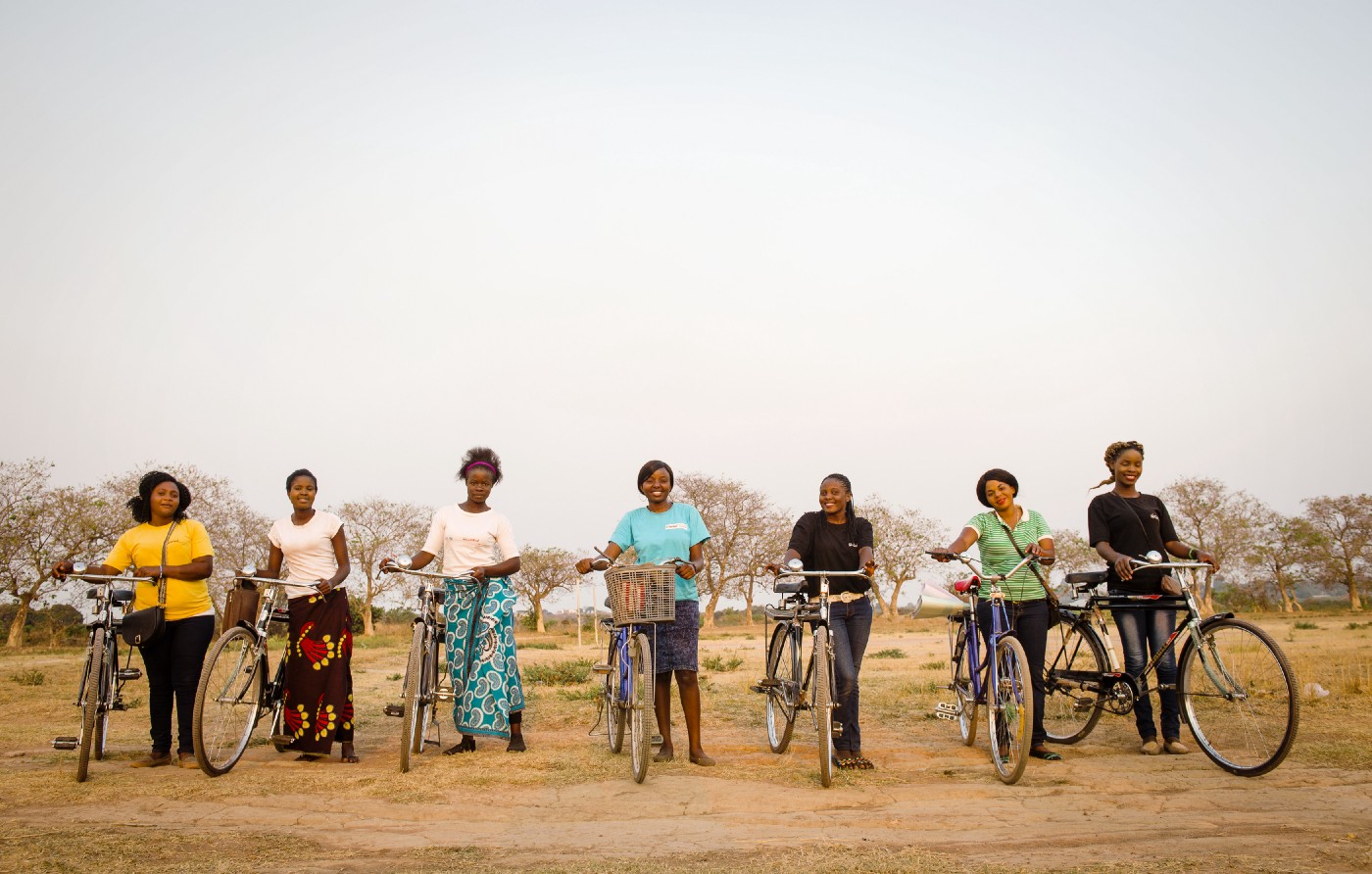
Gloria Diamond
Global, Zambia
Camfed — the Campaign for Female Education — supports the most marginalized girls in some of the most impoverished and rural communities in sub-Saharan Africa to go to school. Their #UnlockFutures appeal focuses on education as a tool to end child marriage across Africa, a movement that, like the theme of this year’s 16 Days of Activism, aims to leave no one behind.
Child marriage is recognized a form of gender-based violence by the UN and many governments across the world, and as a violation of human rights. It perpetuates other forms of gender-based violence, such as domestic abuse, rape and harmful practices. Girls who marry before the age of 18 are more likely to experience physical, sexual, and emotional abuse than those who marry later. In Zambia, one of five countries in which Camfed works, 47 percent of ever-married women age 15–49 report having experienced physical, sexual, and/or emotional violence from their current or most recent husband or partner. But this statistic doesn’t take into account girls like Gloria, who entered into marriage and a life of poverty and abuse at the age of 12.
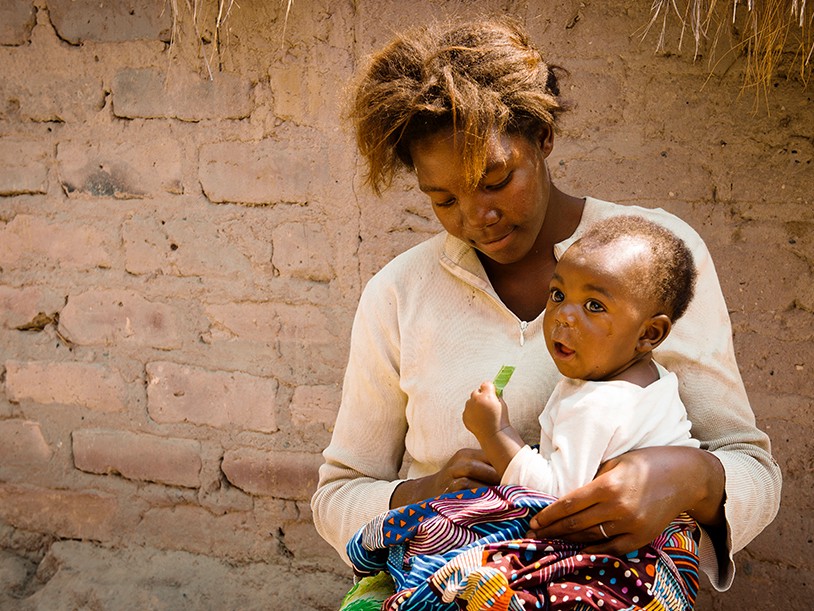
As a child bride, Gloria endured the terror and pain of an unwanted physical relationship. She was only 12 when she was married to a 35 year old man, and became pregnant soon after. (Photo: Camfed/ Eliza Powell)
Discrimination against women and deep-rooted gender inequality is at the core of violence against women and girls. It is this, combined with poverty, social norms, and a lack of access to education that leads so many girls to be married at a tender age. In turn, child marriage traps girls and their families in a cycle of poverty, as girls are less likely to be able to stay in school, access employment opportunities, and have control over the size of their families.
All forms of violence against women and girls, including child marriage, are preventable. As part of their 3-month #UnlockFutures campaign, here is what Camfed is doing to empower young women and communities to end child marriage:
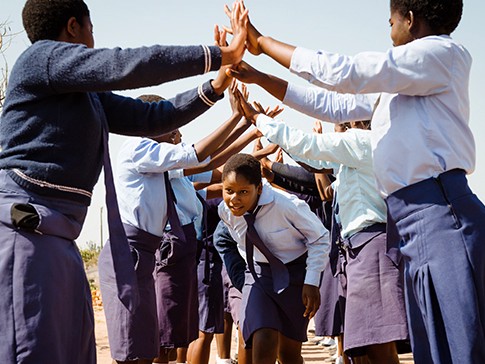
We believe that girls should be in school, enjoying their freedom to play, learn and develop into empowered young women. (Photo: Camfed/ Eliza Powell)
If you would like to get involved in Camfed’s work to end child marriage, visit: https://camfed.org/unlockfutures/
Interested in hosting a film screening of the “Pathways” documentary for your network? Please get in touch here.
On International Day of the Girl, Camfed — the Campaign for Female Education — launched a UK Aid Match appeal in partnership with the UK Department for International Development (DFID) to end child marriage. Camfed’s #UnlockFutures campaign has education and women’s empowerment at its core, vital tools to eliminate gender-based violence and child marriage.
Camfed’s unique solution takes shape in our alumnae network, CAMA, young women who were supported to go to school by Camfed, who are driving forward this unstoppable movement for change. CAMA members are themselves now coming forward to donate funds to support more girls.
Each young woman is supporting on average two more children in her community to go to school. In this way, your donation to this appeal will be double-matched; once by the UK government, and then again through the philanthropy and activism of CAMA. Together, we have an incredible opportunity to unlock the futures of girls across Africa.
SOURCES:
UNICEF, UNFPA, Plan International, Girls Not Brides, DHS, UNICEF.org,Girls Not Brides and ICRW.

Fiona Mavhinga, Executive Advisor for the CAMFED Association, tells how child marriage is standing in the way of progress towards many 2030 Global Goals. For…
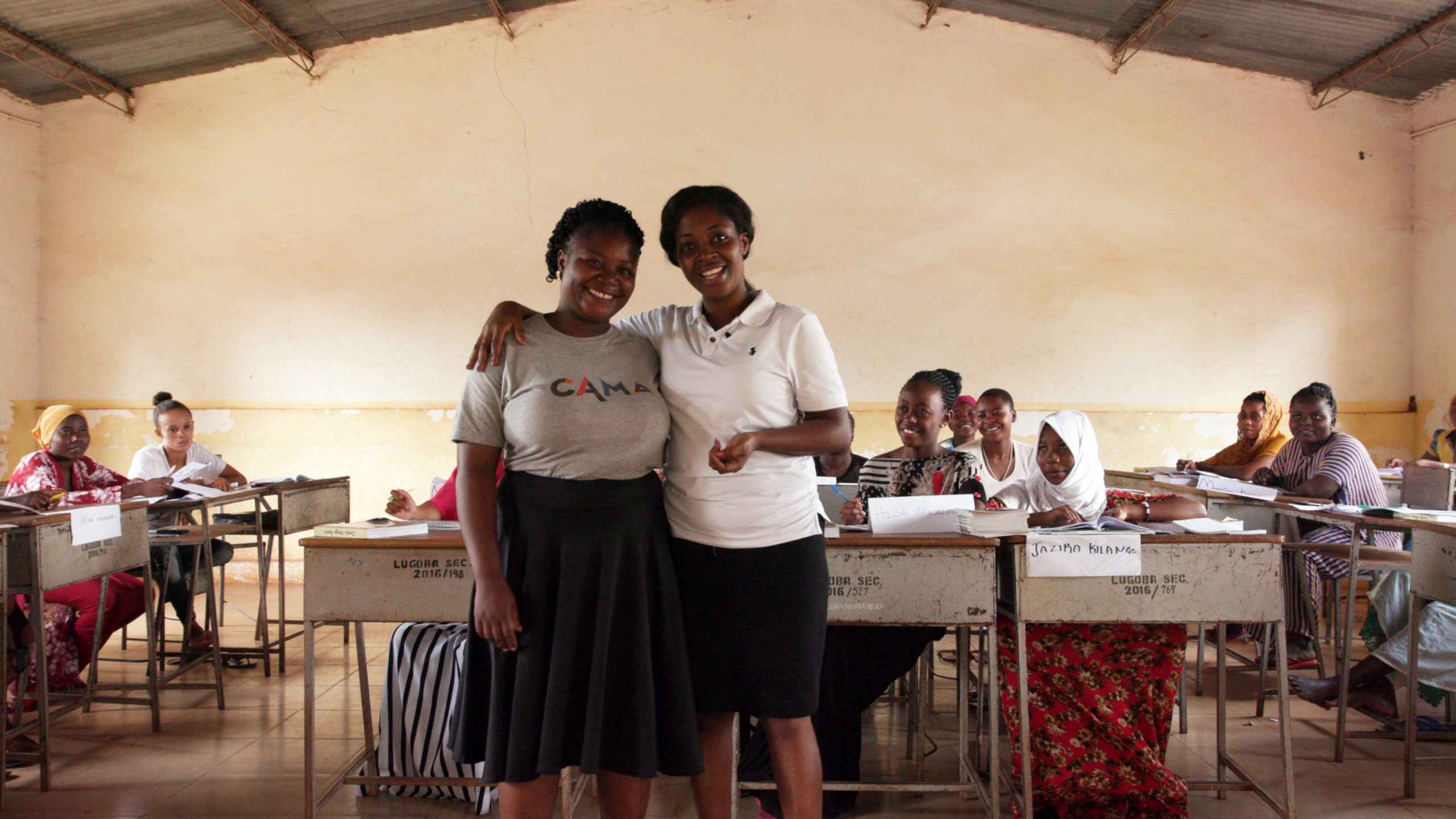
CAMFED Tanzania's Anna Sawaki and Stumai Kaguna look back over a decade that has changed the lives of more than 277,000 young women in Tanzania,…
Niall Doherty $310
Rob Nickerson £350
Niall Doherty $215
David WOLFSON $750
Wendy Wallbrunn $40
Jonathan Wilkinson £50
Albert Zabin $200
Steve Osman $100
Roe & Maggie Stone $100
Betty Schwab $25
Jonathan Brody $40
Bonne Mogulescu $150
William Wiedmann $150
Adrianna Timmons $360
Lizbeth Garcia $10